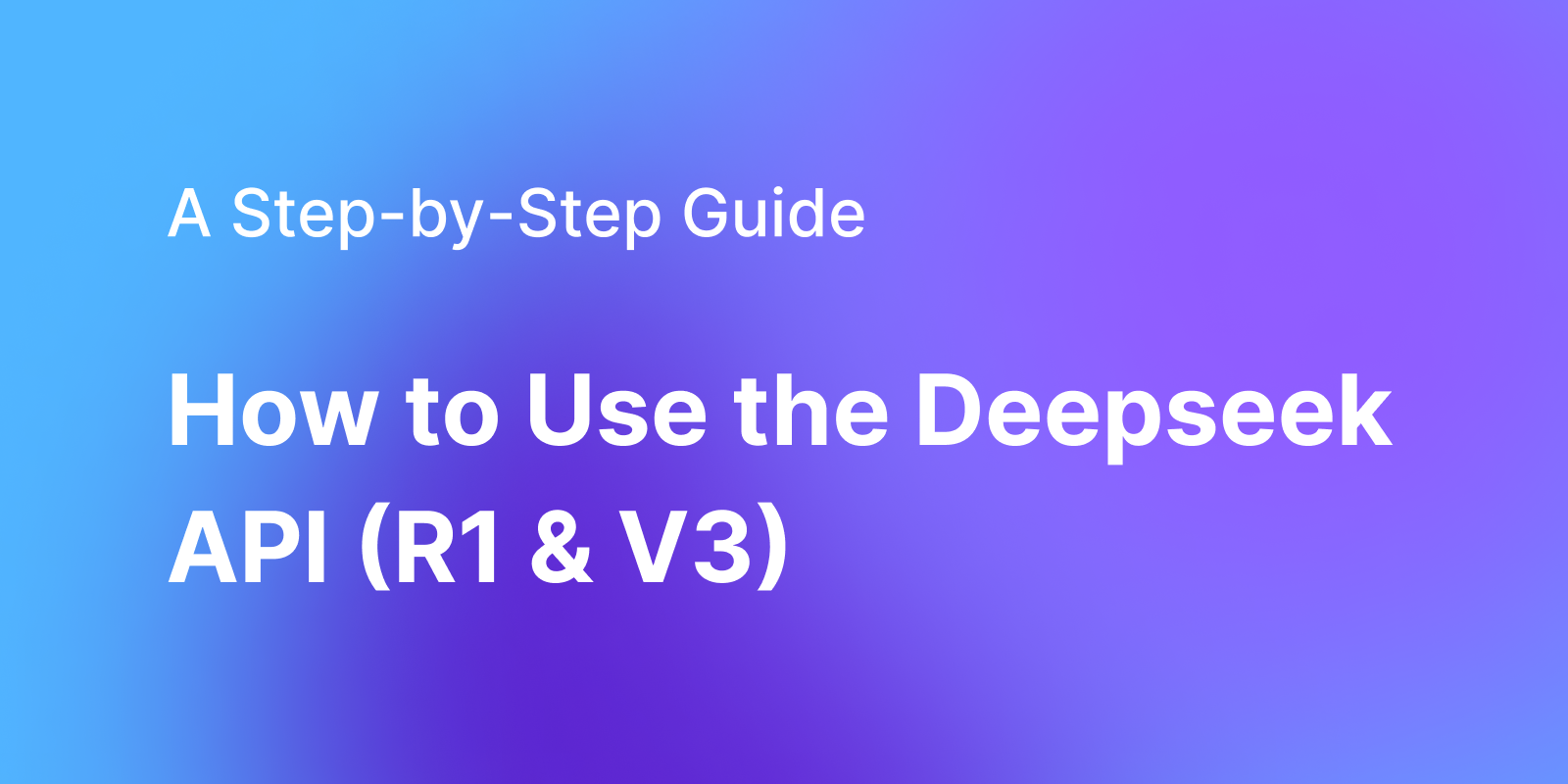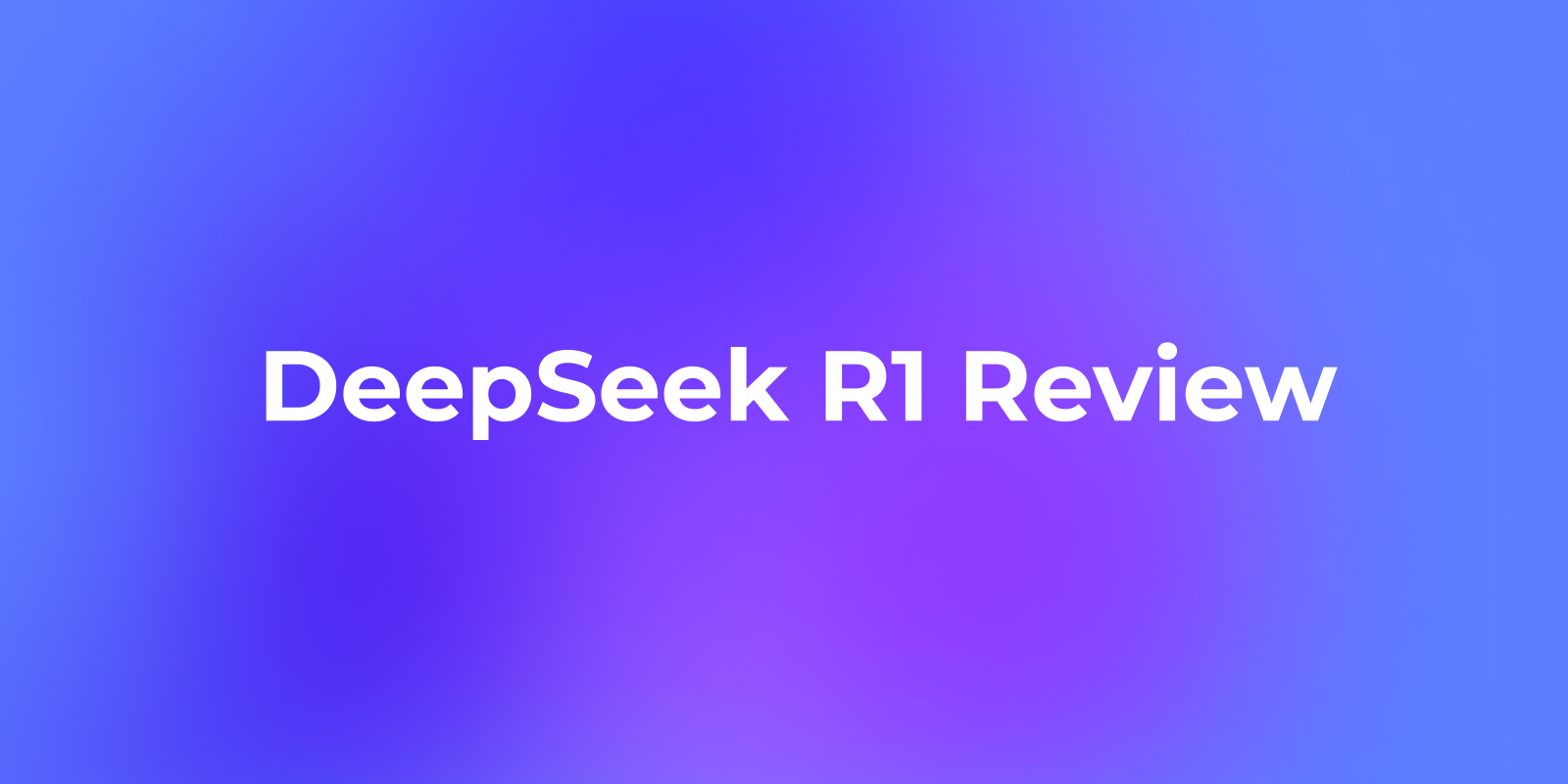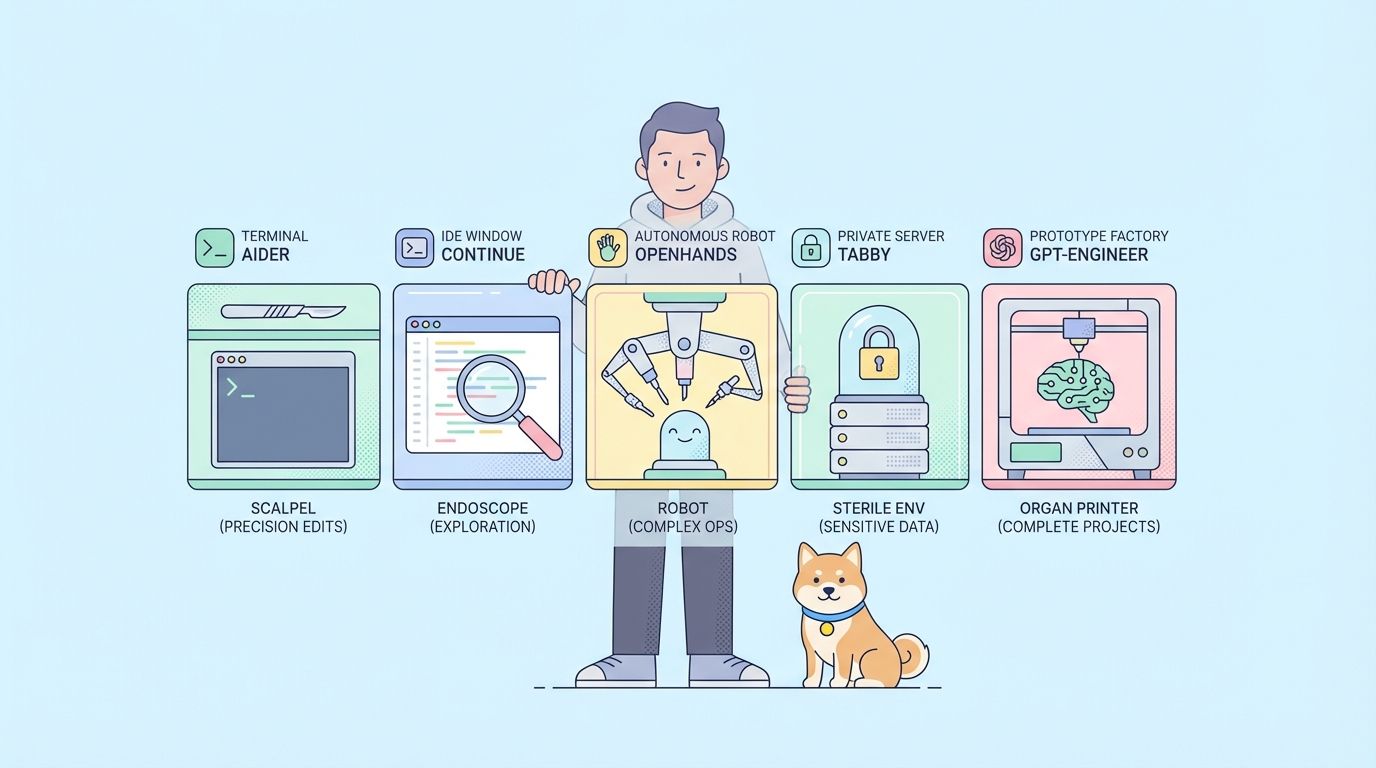Artificial intelligence has entered a new era of innovation, with models like DeepSeek-R1 setting benchmarks for performance, accessibility, and cost-effectiveness. DeepSeek-R1 is a state-of-the-art reasoning model that rivals OpenAI's o1 in performance while offering developers the flexibility of open-source licensing. In this comprehensive guide, we will talk about the technical details of DeepSeek-R1, its pricing structure, how to use its API, and its benchmarks. We will also explore its unique features, advantages over competitors, and best practices for implementation.

A shocking example: Deepseek R1 thinks for around 75 seconds and successfully solves this cipher text problem from openai's o1 blog post!
What is DeepSeek-R1?
DeepSeek-R1 is an advanced AI model designed for tasks requiring complex reasoning, mathematical problem-solving, and programming assistance. Built on a massive architecture with a Mixture-of-Experts (MoE) approach, it achieves exceptional efficiency by activating only a subset of its parameters per token. This allows it to deliver high performance without incurring the computational costs typical of similarly sized models.
Key Features:
- Large-scale RL in post-training: Reinforcement learning techniques are applied during the post-training phase to refine the model’s ability to reason and solve problems.
- Minimal labeled data required: The model achieves significant performance boosts even with limited supervised fine-tuning.
- Open-source under MIT license: Developers can freely distill, modify, and commercialize the model without restrictions.
- Performance on par with OpenAI-o1: DeepSeek-R1 matches or exceeds OpenAI's proprietary models in tasks like math, coding, and logical reasoning.
Benchmark Performance of Deepseek-R1

DeepSeek-R1 has been rigorously tested across various benchmarks to demonstrate its capabilities. Its results show that it is not only competitive but often superior to OpenAI's o1 model in key areas.
Benchmark Comparison

Highlights:
- Mathematical Reasoning: With a score of 91.6% on the MATH benchmark, DeepSeek-R1 excels in solving complex mathematical problems.
- Coding Challenges: It achieves a higher Codeforces rating than OpenAI o1, making it ideal for programming-related tasks.
- Logical Problem-Solving: The model demonstrates an ability to break down problems into smaller steps using chain-of-thought reasoning.
These benchmarks highlight DeepSeek-R1’s ability to handle diverse tasks with precision and efficiency.

Technical Architecture
DeepSeek-R1's architecture is a marvel of engineering designed to balance performance and efficiency. Here are the technical details:
Model Specifications:
- Total Parameters: 671 billion
- Active Parameters per Token: 37 billion
- Context Length: Up to 128K tokens
- Training Data: Trained on 14.8 trillion tokens
- Training Compute Cost: 2.664 million H800 GPU hours
The Mixture-of-Experts (MoE) architecture allows the model to activate only a subset of its parameters for each token processed. This ensures that computational resources are used optimally without compromising accuracy or reasoning depth.
Training Methodology:
DeepSeek-R1 employs large-scale reinforcement learning during post-training to refine its reasoning capabilities. Unlike traditional supervised learning methods that require extensive labeled data, this approach enables the model to generalize better with minimal fine-tuning.
Pricing Structure of DeepSeek-R1
One of the standout features of DeepSeek-R1 is its transparent and competitive pricing model. The API offers cost-effective rates while incorporating a caching mechanism that significantly reduces expenses for repetitive queries.
Standard Pricing:
- Input Tokens (Cache Miss): $0.55 per million tokens
- Input Tokens (Cache Hit): $0.14 per million tokens
- Output Tokens: $2.19 per million tokens
Context Caching:
DeepSeek-R1 uses an intelligent caching system that stores frequently used prompts and responses for several hours or days. This caching mechanism provides:
- Up to 90% cost savings for repeated queries.
- Automatic cache management with no additional fees.
- Reduced latency for cached responses.
For businesses handling large volumes of similar queries, this caching feature can lead to substantial cost reductions.
How to Use DeepSeek-R1 API
The DeepSeek-R1 API is designed for ease of use while providing robust customization options for developers. Below is a step-by-step guide on how to integrate and use the API effectively.
Getting Started
To begin using the API:
- Obtain your API key from the DeepSeek Developer Portal.
- Set up your development environment with necessary libraries such as Python’s
requestsoropenaipackage. - Configure your API client with the base URL
https://api.deepseek.com.
Here is a step-by-step guide on how to use DeepSeek API:

Example Implementation in Python:
import requests
API_KEY = "your_api_key"
BASE_URL = "https://api.deepseek.com"
def query_deepseek(prompt):
headers = {
"Content-Type": "application/json",
"Authorization": f"Bearer {API_KEY}"
}
data = {
"model": "deepseek-reasoner",
"messages": [
{"role": "system", "content": "You are a helpful assistant."},
{"role": "user", "content": prompt}
],
"stream": False
}
response = requests.post(f"{BASE_URL}/chat/completions", json=data, headers=headers)
return response.json()
result = query_deepseek("Solve this math problem: What is the integral of x^2?")
print(result)
Using cURL:
curl https://api.deepseek.com/chat/completions \
-H "Content-Type: application/json" \
-H "Authorization: Bearer <your_api_key>" \
-d '{
"model": "deepseek-reasoner",
"messages": [
{"role": "system", "content": "You are a helpful assistant."},
{"role": "user", "content": "Explain quantum entanglement."}
],
"stream": false
}'
Advanced Features
DeepSeek-R1 includes several advanced features that set it apart from other AI models:
Chain-of-Thought Reasoning:
This feature enables the model to break down complex problems into smaller steps:
- Step-by-step decomposition of tasks.
- Self-verification of intermediate results.
- Transparent thought processes displayed in outputs.
Context Length:
With support for up to 128K tokens in context length, DeepSeek-R1 can handle extensive documents or long conversations without losing coherence.
Performance Optimization:
Developers can optimize performance by:
- Adjusting token lengths for complex queries.
- Utilizing context caching for repeated prompts.
- Fine-tuning prompt engineering for specific tasks.
Open Source and Licensing
Unlike many proprietary models, DeepSeek-R1 is fully open-source under the MIT license. This provides unparalleled flexibility for developers and organizations:
Benefits of Open Source:
- Commercial Freedom: Use the model in any commercial application without restrictions.
- Model Distillation: Create smaller versions tailored to specific use cases.
- Custom Modifications: Modify and extend the model as needed.
- No Licensing Fees: Avoid recurring costs associated with proprietary models.
This open-source approach democratizes access to cutting-edge AI technology while fostering innovation across industries.
Why Choose DeepSeek-R1?
DeepSeek-R1 offers several advantages over competing models like OpenAI o1:
| Feature | DeepSeek-R1 | OpenAI o1 |
|---|---|---|
| Open Source | Yes (MIT License) | No |
| Chain-of-thought Reasoning | Advanced | Limited |
| Context Length | Up to 128K tokens | Limited |
| Pricing Transparency | Fully detailed | Proprietary |
These factors make DeepSeek-R1 an ideal choice for developers seeking high performance at a lower cost with complete freedom over how they use and modify the model.
Conclusion
DeepSeek-R1 represents a significant leap forward in AI technology by combining state-of-the-art performance with open-source accessibility and cost-effective pricing. Whether you’re solving complex mathematical problems, generating code, or building conversational AI systems, DeepSeek-R1 provides unmatched flexibility and power.
Its innovative features like chain-of-thought reasoning, large context length support, and caching mechanisms make it an excellent choice for both individual developers and enterprises alike. With its MIT license and transparent pricing structure, DeepSeek-R1 empowers users to innovate freely while keeping costs under control.
Additionally, testing with APIs could be a real hustle. Apidog is an all-in-one platform designed to streamline API design, development, and testing workflows. It empowers developers to manage the entire API lifecycle with ease, ensuring consistency, efficiency, and collaboration across teams.
Whether you're building APIs from scratch or maintaining existing ones, Apidog provides intuitive tools for creating, testing, and documenting your APIs, reducing the time and effort required for high-quality development.



